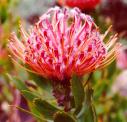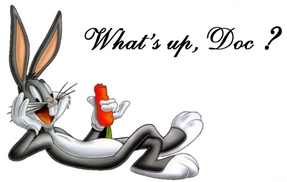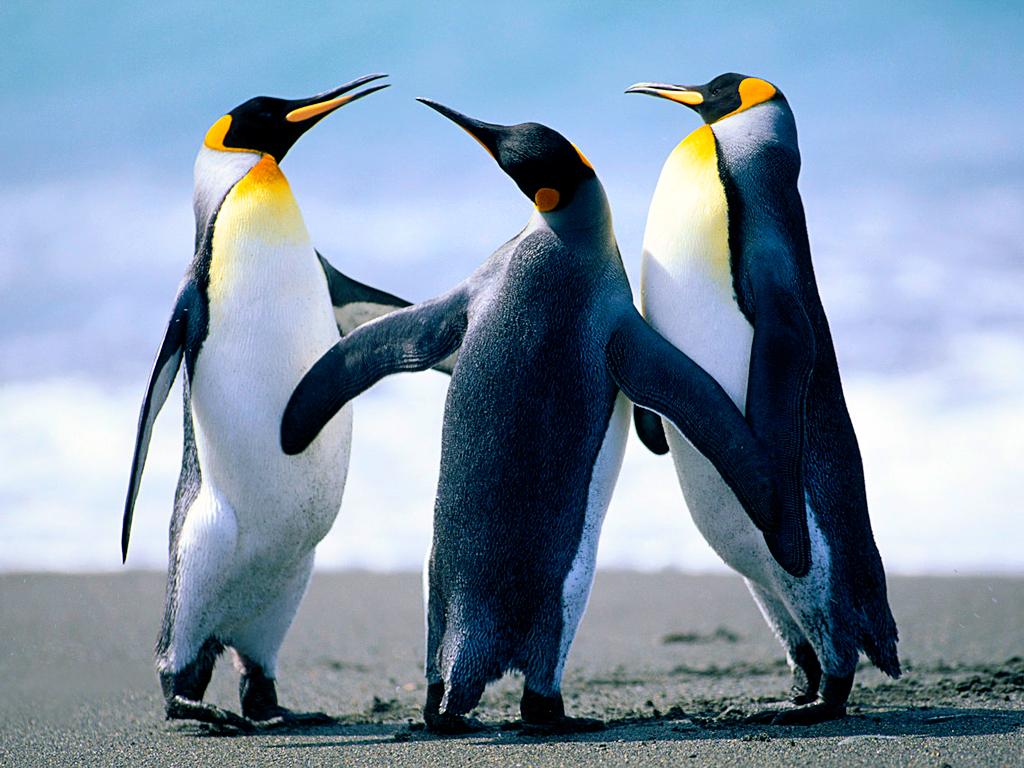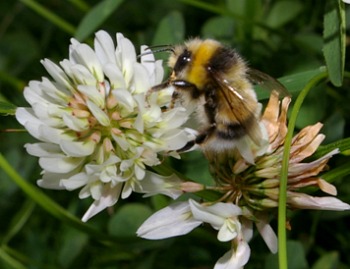How You Can Help Save Our Bees
Thought this might be of interest to our gardeners.
How You Can Help Save Our Bees
Bees are very important to our ecosystem and sadly, they are under the threat of extinction. Here are a few simple ways you can do your bit to help protect them.
It might seem hard to believe that a tiny insect can have such a massive impact on our lives.
Here are some key facts: Bees are responsible for a third of everything we eat and 70% of the world’s crops are pollinated by bees – that means they help create $30 billion worth of produce!
But the honeybee is disappearing at an alarming rate. It’s thought that 50% of the world's honeybee population has died.
While the reasons behind this situation are still unknown, there are some very compelling studies highlighting some possible causes:
- Pesticides in general aren’t great, but ‘systemic pesticides’ are high up on the list of bee-killing culprits. These types of pesticides are put onto the seed before planting and become part of its tissue as it grows - so when the honeybee feeds from the nectar it ingests these chemicals. What’s equally worrying, is that no amount of washing your fruit and veg will get rid of these pesticides.
- The Varroa mite is a parasitic mite and natural enemy that attacks the bees and kills whole colonies. Australia is thought to be the last country in the world to be mite free. Let's hope it stays that way!
- Beekeeping practices, such as using antibiotics or long-distance transportation of beehives upsets the natural balance of the bee colonies and has resulted in mass disappearance of bees from bee keeping colonies.
- Climate change. A study in Colorado has suggested that weather patterns could be disrupting the synchronisation of flowers opening and bees emerging from hibernation.
- The loss of their natural habitat in the wild.
These are a few of the potential issues that could be causing the terrible phenomenon of the bees dying, which has been named Colony Collapse Disorder (CCD). In the USA, one of the largest collapses happened to a Beekeeper of 40,000 hives, which equates to around 2 billion bees. All of those 2 billion bees disappeared in a matter of weeks!
CCD is something we all need to be aware of and it could have a massive impact on our daily lives. If one third of what we eat can no longer be pollinated and therefore dies, prices of food would sky rocket and we’d be without (to name just a few) Kiwi, Cashew, Apples, Strawberries, Watermelon, Coconut, Cucumber, Pumpkin, Lemon, Lime, Mango, Avocado.
However, there are a few simple ways you can do your bit for the bees, that doesn’t involve having a beehive yourself – although that would be amazing if you decided to!
- Cut out the use of toxic chemicals in your homes and on your lawns and plants.
- Buy organic from your supermarket, or even better buy from your local organic farmer. That’s not just fruit and veg but honey too.
- Let dandelions grow in your lawn, bees love them!
- Plant your own fruit and veggies.
- Plant bee-friendly flowers in your garden, balcony or even window box.
- Talk to people about the problem and get the conversation going. The more people are aware and fighting for the bees, the better.
- Why not consider starting your own beehive. It might seem like a strange idea, but worth looking into if you’re keen.
Here is a list of some bee-friendly plants for your garden. If you ask in your local garden centre, they should be able to direct you to the best choices for your garden.
- Oregano
- Sage
- Thyme
- Lavender
- Sunflowers
- Butterfly Bush
- Bottlebrush
- Rosemary
- Daisies
- Tea Tree
- Spider Flower.
We all want our gardens to have a soul, and the soul comes from the wildlife.
For more about Katie and her homemade products, check out her blog at yummygreenmummy.wordpress.com and follow her on facebook.










Seggie. English Box hedge when in flower, has that many bees buzzing, I dare not go too close. Lavender and Rosemary as well, no shortage here. Also no shortage of frogs either, love their sound at night.